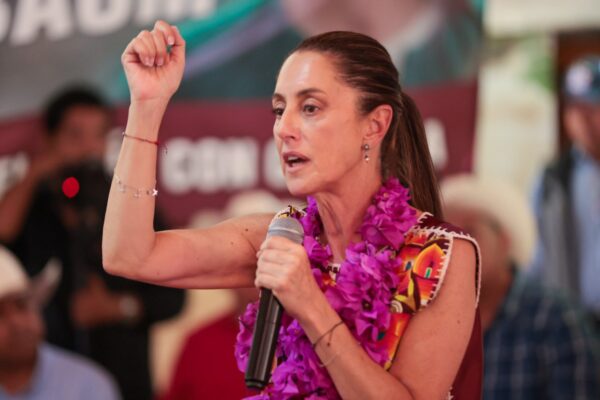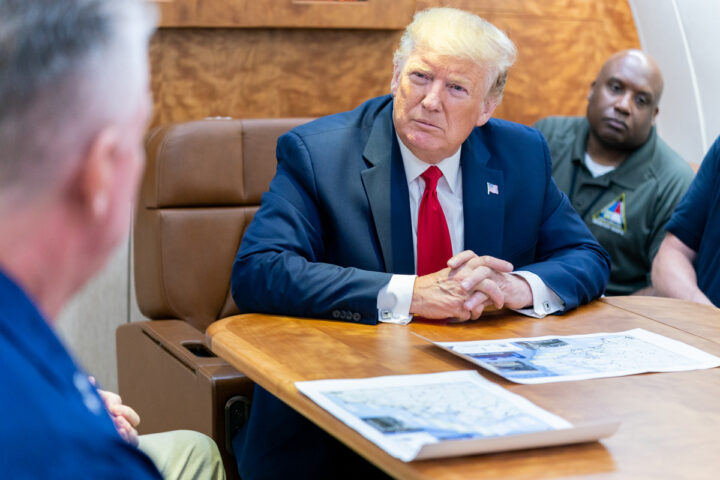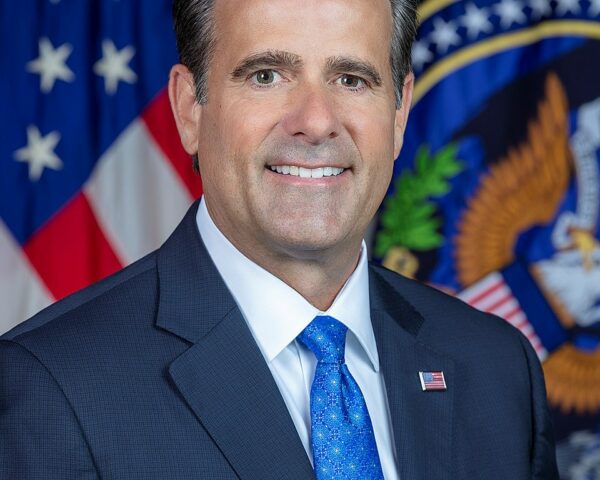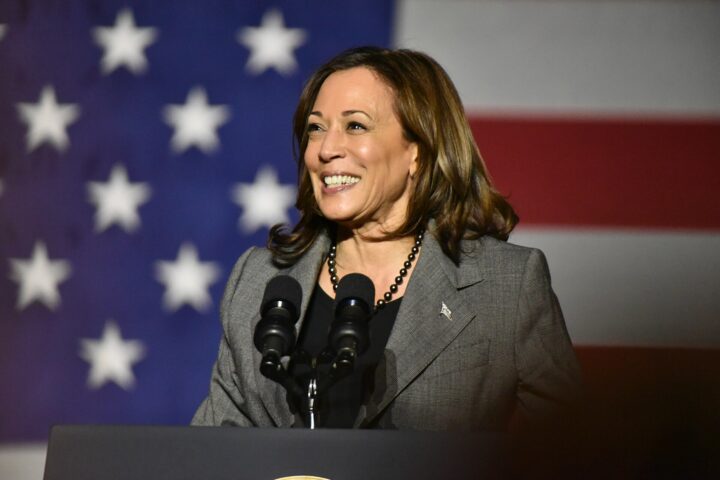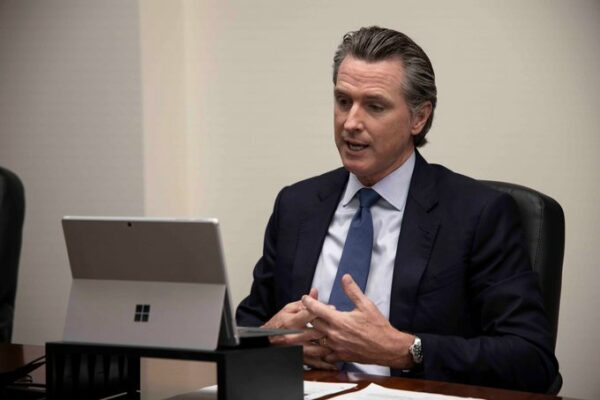Mexican President Claudia Sheinbaum on Tuesday reportedly delivered an unequivocal rejection of President Donald Trump’s recent suggestion that the United States might carry out military strikes inside Mexico to target drug cartels, a proposal that startled observers on both sides of the border and revived long‑standing tensions over sovereignty and security cooperation.
“It’s not going to happen,” Sheinbaum said during her regular morning press conference, making clear that the idea of any foreign military intervention remains a political red line in Mexico.
Addressing Trump’s past comments directly, Sheinbaum told reporters that the president had repeatedly floated the notion of U.S. military involvement as a means of combating criminal groups. “He has suggested on several occasions or has said, ‘We offer you a United States military intervention in Mexico or whatever you need to combat criminal groups,’” she said. But Sheinbaum stressed that Mexico “does not accept an intervention by any foreign government,” noting that she had communicated this point to Trump personally, as well as to U.S. officials including the State Department and Sen. Marco Rubio.
While forceful in rejecting intervention, Sheinbaum also emphasized that her government remained open to expanding intelligence sharing and cooperative efforts with the U.S. military focused on disrupting cartel activity — an acknowledgment of the pressure Mexico faces to address cross‑border trafficking without ceding its own authority.
Trump, speaking Monday in the Oval Office, had raised the prospect of striking targets in Mexico when asked whether he would consider military action to curb drug flows into the United States. “Would I launch strikes on Mexico to stop drugs? It’s OK with me. Whatever we have to do to stop drugs,” he said. He went on to describe Mexico City as facing “some big problems,” and suggested that his approach to maritime drug smuggling could be replicated on land. “There is almost no drugs coming through our waterways anymore,” he claimed.
The president did not confine his remarks to Mexico. He also threatened Colombia with potential strikes and reiterated his stance on taking aggressive military action against alleged drug‑smuggling boats originating from Venezuela. According to Trump, the United States has significantly reduced seaborne trafficking, saving “25,000 American lives” with each interdicted vessel — a figure he framed as emblematic of the human toll of drug addiction. “These families are decimated forever,” he said. “The mother, the father, the children, they never recover from it.”
Trump suggested that cartel land routes could be treated much the same way. “We know every one of them. We have every one of those corridors under major surveillance,” he said, before turning his attention back to Colombia. “Colombia has cocaine factories where they make cocaine. Would I knock out those factories? I would be proud to do it personally. I didn’t say I’m doing it, I would be proud to do it.”
Sheinbaum’s remarks, delivered in calm but unmistakably firm terms, underscored the delicate balance Mexico seeks to maintain: resisting outside pressure while signaling cooperation against a shared problem. Trump’s comments, meanwhile, highlighted a muscular approach that appeals to some Americans frustrated with the persistence of drug trafficking, even as such rhetoric risks complicating diplomatic relations with a close neighbor.
[READ MORE: House Democrats Splinter Over Resolution Condemning García’s Retirement Maneuver]

